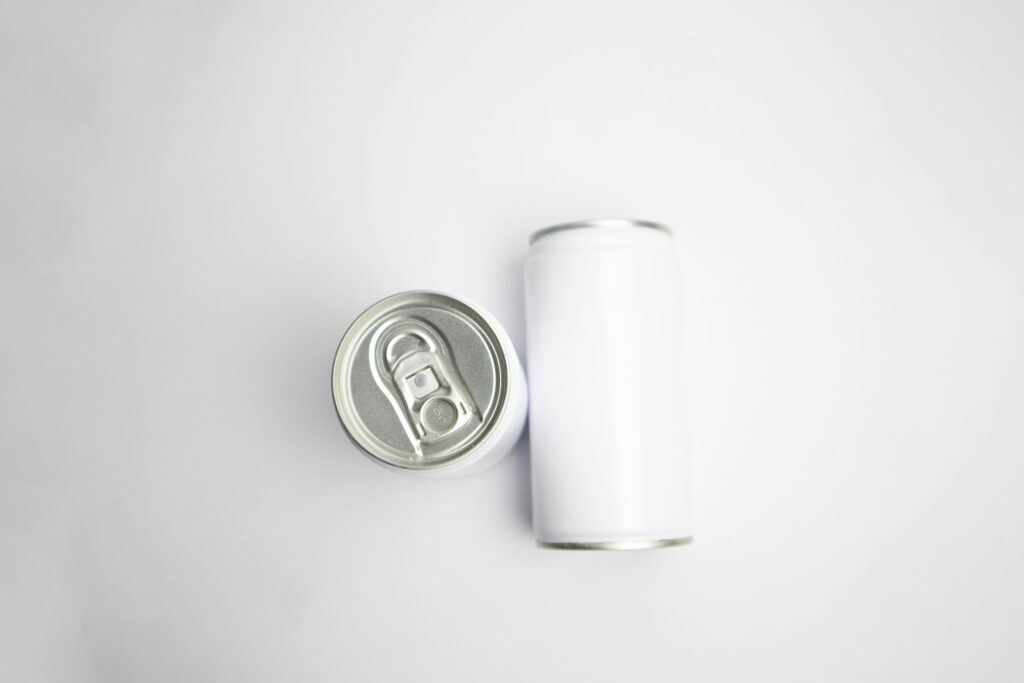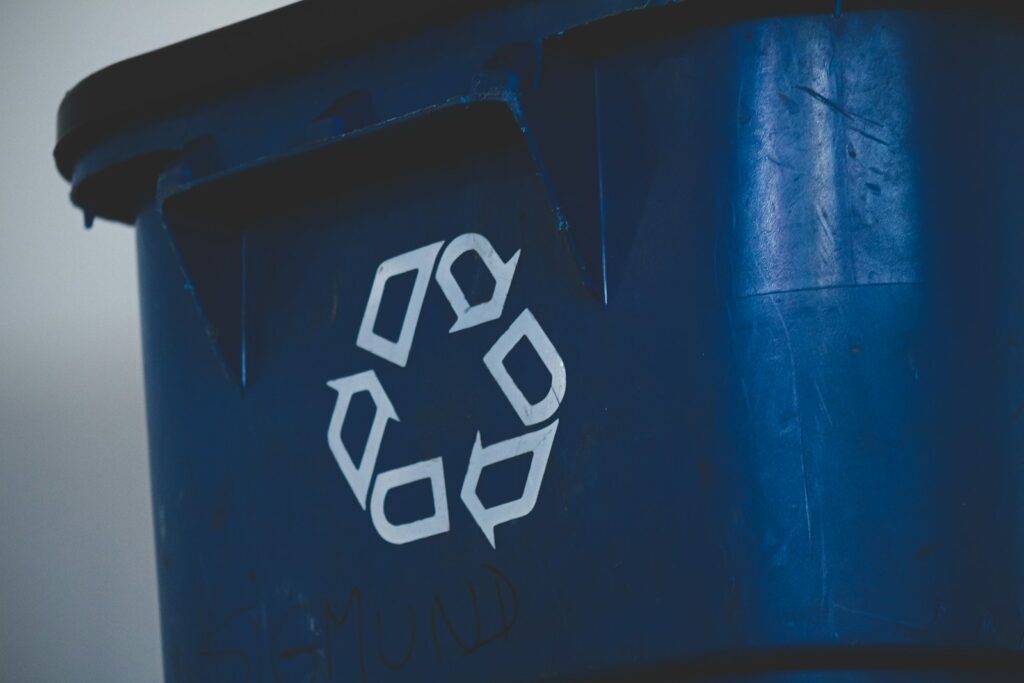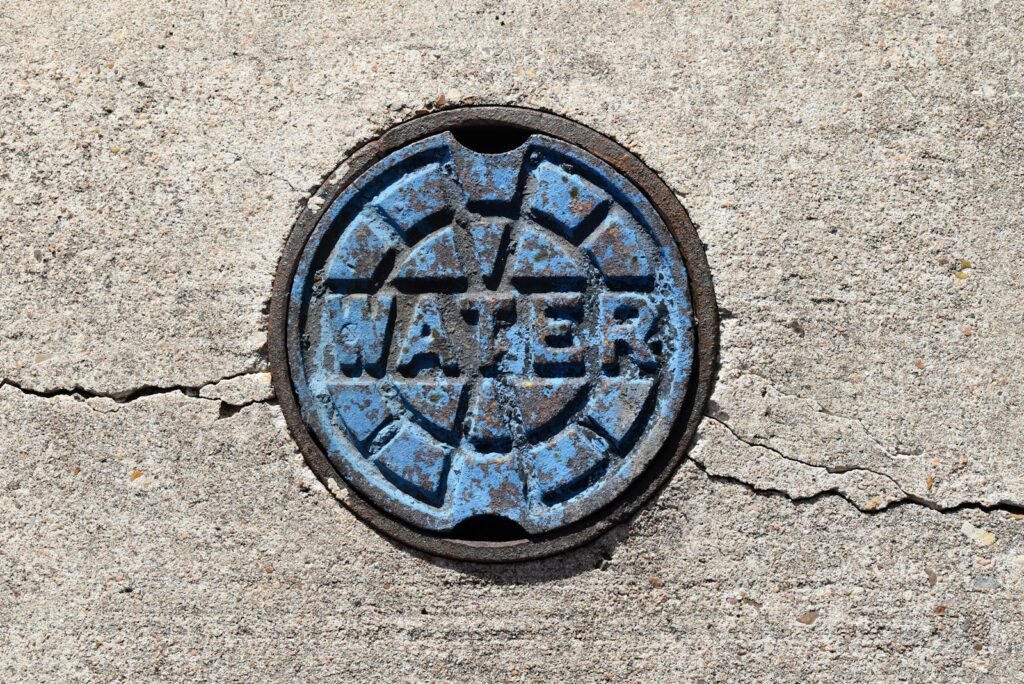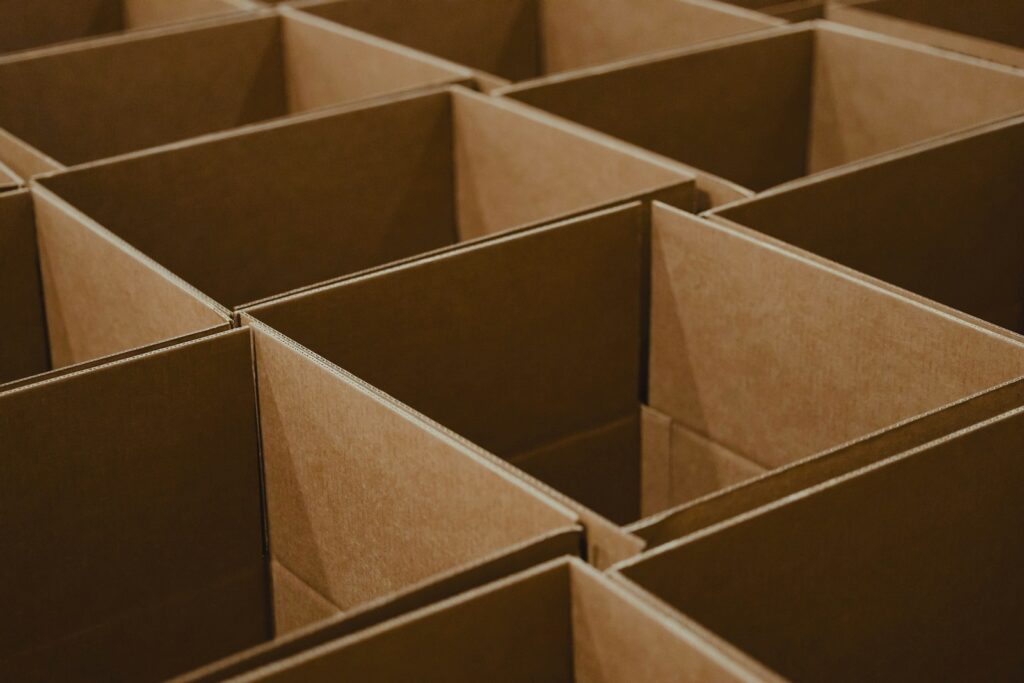The Chartered Institution of Water and Environmental Management (CIWEM) has warned ‘urgent measures’ are needed to tackle microplastic particle pollution.
A new report by the CIWEM has found new report has found more than half of all microplastic particles stay trapped in the soil and in freshwater environments, even when the particles are washed from road surfaces.
Microplastics are tiny particles that form from the breakdown of larger plastic objects or are manufactured beads and granules.
Over time, micro-plastics can release harmful chemicals, which can then be transferred to water, sediments and organisms.
Some scientists also believe they can provide a medium for a medium for pathogens to grow.
According to the report, the largest proportion of microplastics come from the breakdown of road markings and tyres and through the washing of synthetic textiles.
‘Most are unintentionally lost through abrasion, weathering or unintended spills, or originate from the mismanagement of waste containing plastics,’ the report states.
But despite ‘highly effective’ wastewater treatment processes, the report claims millions of microplastic particles are still being released back into the environment each day.
This is because a large proportion of particles become trapped in sewage sludge at the treatment works.
These can then be transferred back into the environment when the sludge is spread on farming land.
‘Although most research has focused on marine environments, freshwater systems may be at greater risk from primary microplastic contamination due to their closer proximity to wastewater treatment plants and plastic processing factories,’ the report adds.
‘Yet the biological effects of microplastics in freshwater species is reasonably sparse.’
In order to combat this growing problem, the report calls for more research into the impact microplastics are having on agriculture through sewage sludge.
It also calls for an ‘international protocol’ or regulatory framework to help various governments, manufacturers and utility companies solve the issues around design, manufacturing, use, reuse and disposal of plastics.
The report also warns that while banning manufacturers from including microbeads in personal care products such as face scrubs, toothpastes and shower gels is welcome, such materials are only minor contributor to the overall problem.
Instead, it says the plastics industry must do more to prevent losses in production and white goods manufacturers should cut the amount of fibres ending up in wastewater.
It also recommends councils review road markings and highway drainage to prevent microplastics entering the freshwater environment.
‘Urgent measures are needed to address plastic and microplastic pollution at source, as once released into the environment there are few, if any, practicable means by which these pollutants can be removed,’ said CIWEM chief executive, Terry Fuller.
‘Although the government’s proposed ban on manufacturers including microbeads in ‘wash off’ personal care products is welcome, these are a minor contributor to the overall problem,’ he added.
‘Most plastic pollution originates from the mismanagement of waste or is unintentionally lost. The government should therefore focus on producing a new plastics’ strategy to improve product design and substitution, extend producer responsibility and support deposit return schemes.’
Photo by Oregon State University
















